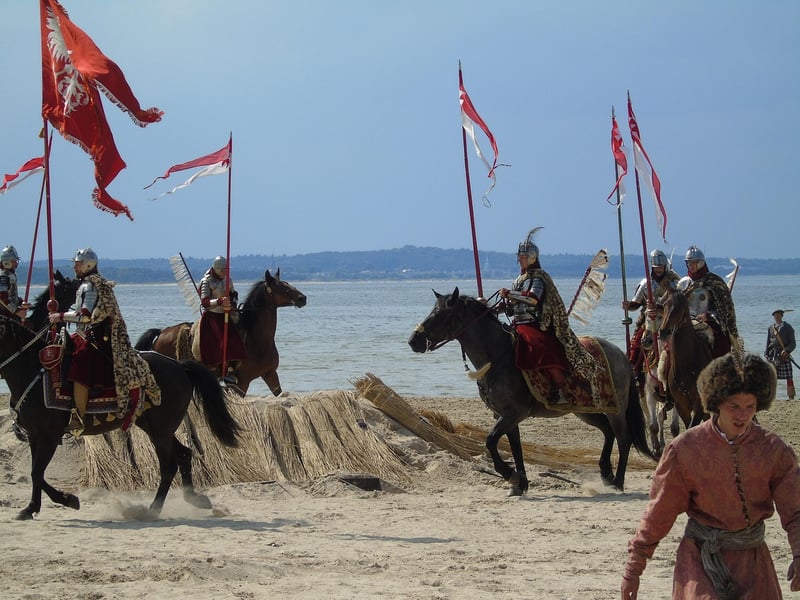Historical Events
Exploring Different Eras and Historical Events
History is a tapestry woven with the threads of different eras and historical events that have shaped the world we live in today. From ancient civilizations to modern revolutions, each period offers a unique insight into the human experience. Let's take a journey through time and explore some of the most fascinating eras and events in history.
Ancient Civilizations
Ancient civilizations like the Egyptians, Greeks, Romans, and Mesopotamians laid the foundation for modern society. The construction of the pyramids in Egypt, the philosophy of Socrates in Greece, the engineering marvels of the Romans, and the invention of writing in Mesopotamia are just a few examples of their enduring legacies.
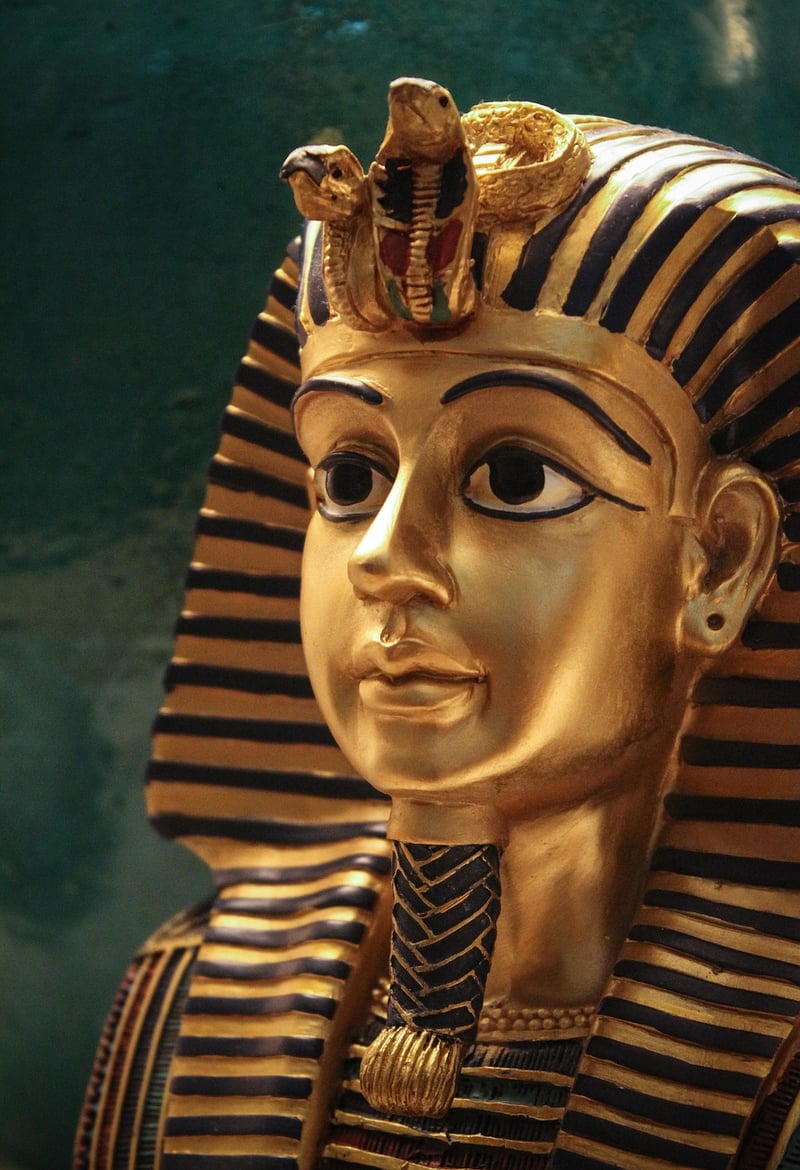
The Middle Ages
The Middle Ages, also known as the medieval period, saw the rise of knights, castles, and feudalism. Events like the Norman Conquest of England, the Crusades, and the Black Death left a lasting impact on European history. The era also witnessed the flowering of Gothic architecture and the development of chivalry.

The Age of Exploration
The Age of Exploration, led by explorers like Christopher Columbus, Vasco da Gama, and Ferdinand Magellan, opened up new worlds and paved the way for global trade and colonization. The discovery of the New World, the search for a sea route to Asia, and the Columbian Exchange transformed the course of history.
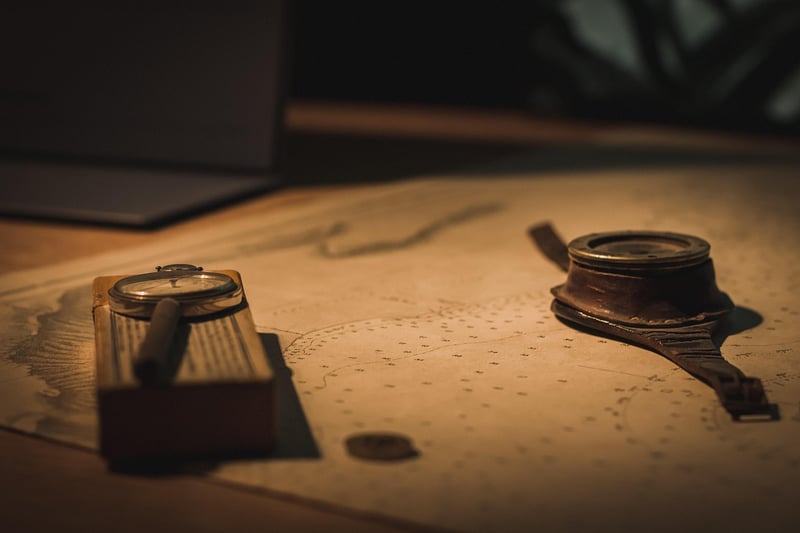
The Industrial Revolution
The Industrial Revolution marked a shift from agrarian economies to industrialized societies powered by steam engines and mechanized production. Innovations like the spinning jenny, steam locomotive, and telegraph revolutionized communication, transportation, and manufacturing, leading to profound social and economic changes.
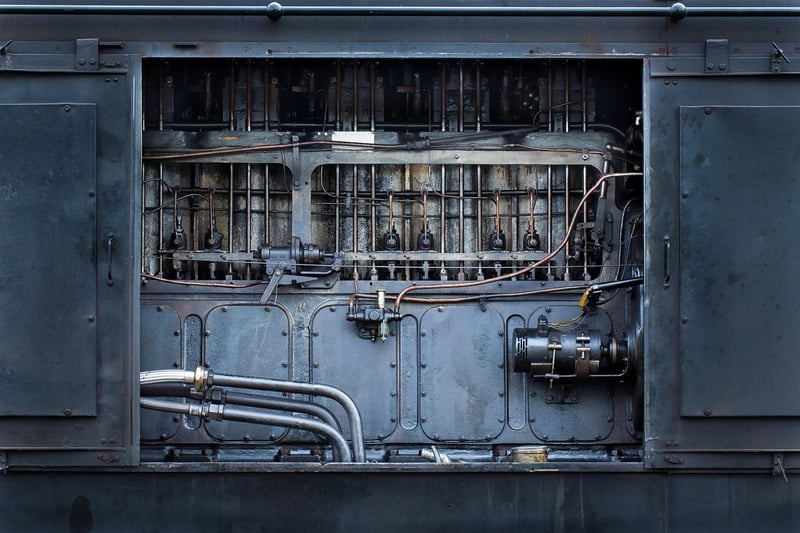
World Wars
The 20th century witnessed two devastating world wars that reshaped the geopolitical landscape. World War I, with its trench warfare and new military technologies, was followed by World War II, characterized by global conflict, genocide, and the use of atomic weapons. The aftermath of these wars gave rise to the Cold War and the United Nations.
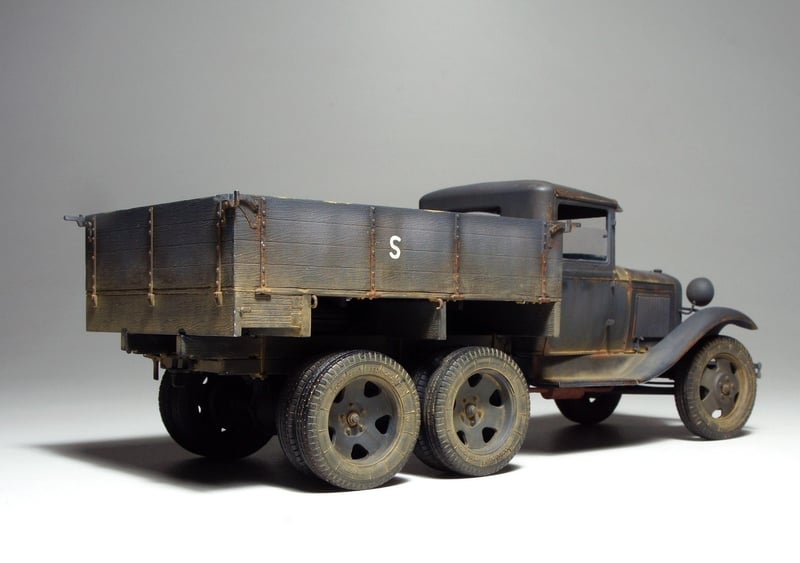
Each era and historical event offers a window into the past, illuminating the triumphs and tragedies of humanity. By studying these pivotal moments, we gain a deeper understanding of our collective heritage and the forces that have shaped our world.
